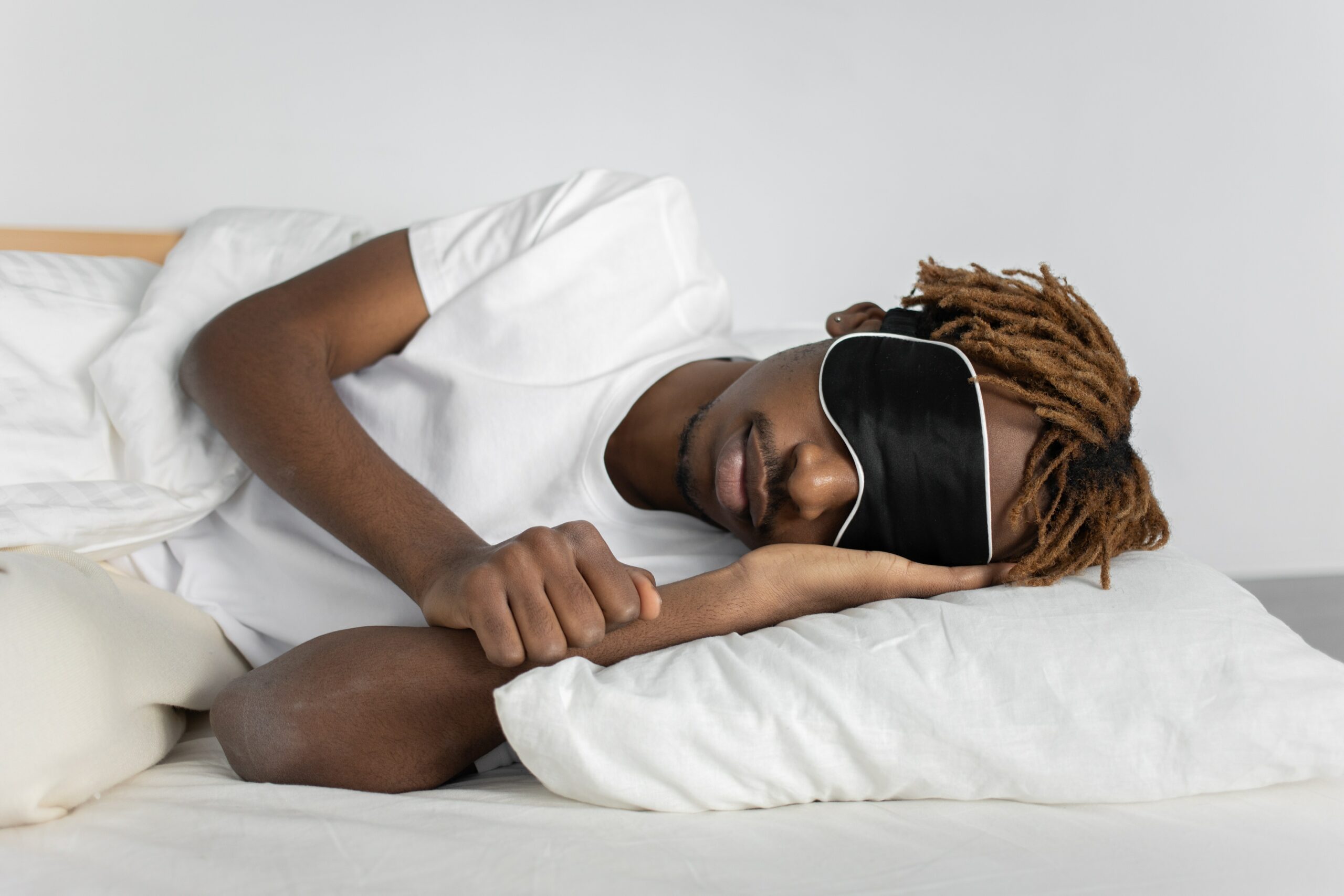Sleepless nights, waking up at night, drowsiness during the day… Everyone can suffer from these inconveniences at some point. The cause? A disturbance of the circadian rhythm. In fact, this is the regulator of our internal biological clock. In addition, there are various factors that cause this disturbance. But rest assured, you can remedy this without too much difficulty. In fact, we offer you some effective solutions in the following paragraphs.
What you need to know about the circadian rhythm
Very often, the circadian rhythm is confused with the internal biological clock. This misconception is not entirely wrong. In fact, the two are complementary. Located in an area of the brain, the hypothalamus to be precise, the circadian rhythm actually plays the role of regulating the internal clock. In general, it ensures the proper functioning of the body. Thus, it controls certain cyclical variations in the body on a daily basis.
Among other things, it affects digestion, mood changes and the balance of body heat. It also regulates blood pressure and influences cognitive abilities. But apart from that, it has been attributed a very important function: to promote the production of hormones, including melatonin. Melatonin is the hormone that, once secreted, helps us to fall asleep. However, when the circadian rhythm is disturbed, so is our sleep, and vice versa.
What is a ‘proper’ circadian rhythm?
The answer is quite simple: the circadian rhythm is “in order” when it is synchronised with the “sleep/wake system”. In other words, it must be roughly in line with the cycle of a day: about 23 or 24 hours. Thus, a disturbed circadian rhythm is generally recognised when one of the following disorders is encountered:
A phase advance
In this case, the individual concerned often falls asleep early (around 8pm) and then wakes up at night (3 or 4am). This is often seen in older people.
Phase delay
Here, the person does not fall asleep until very late in the night. They wake up in the middle or late morning. This is particularly true of adolescents and young adults.
A free run
This disorder usually affects visually impaired people. Because of a malfunctioning eye, daylight has difficulty synchronising the circadian clock. This results in a shift in sleep times. As a result, the circadian cycle no longer lasts 24 hours but varies constantly, until it reaches a cycle of 48 hours.
Causes of circadian rhythm disruption
Various factors are responsible for the disruption of the circadian clock: ● Time difference when travelling (which can be resolved with products containing melatonin), ● Certain pathologies, ● Shift work at night, ● High stress or frequent anxiety.
Tips for setting the clock back
Several alternatives are available to you to enable you to get in tune with your circadian rhythm: ● Exercise, preferably in the morning and in the open air ● Sleep in total darkness, away from light pollution ● Take melatonin tablets if necessary ● Stop using devices with screens (smartphone, tablet…) after 8 or 9 pm. Blue light delays the onset of sleep ● Use light therapy for 30 min per day for several weeks.







